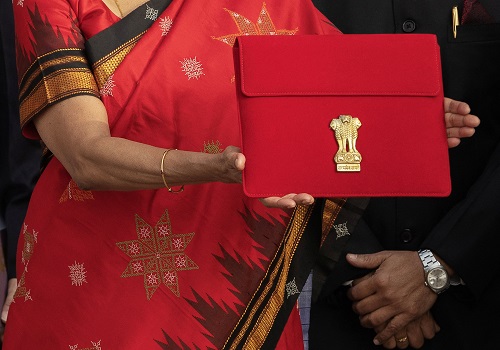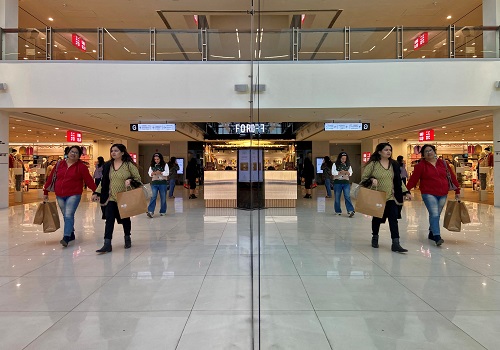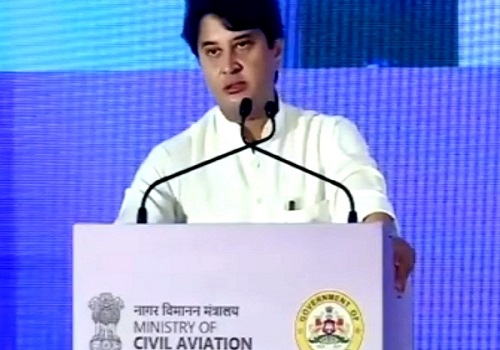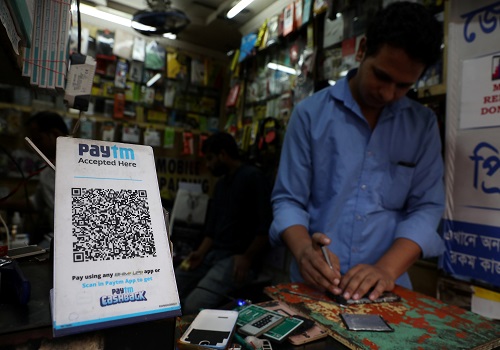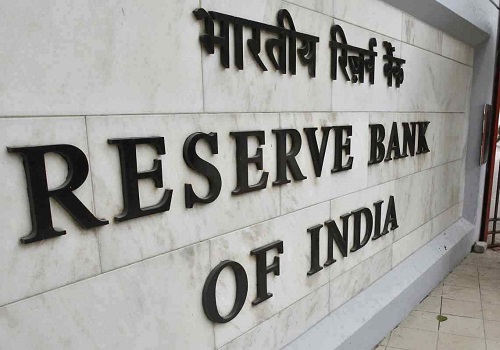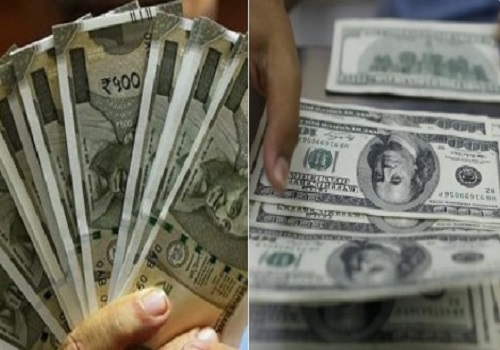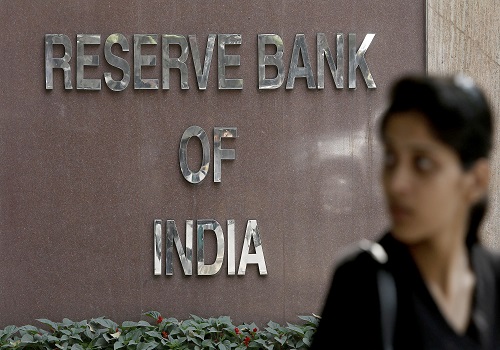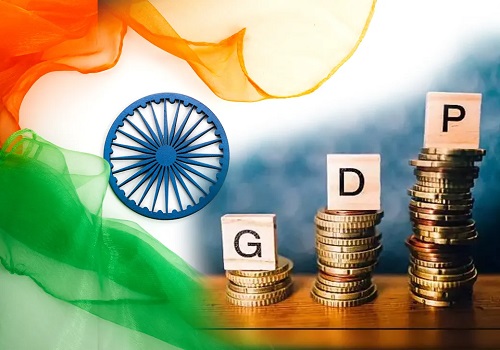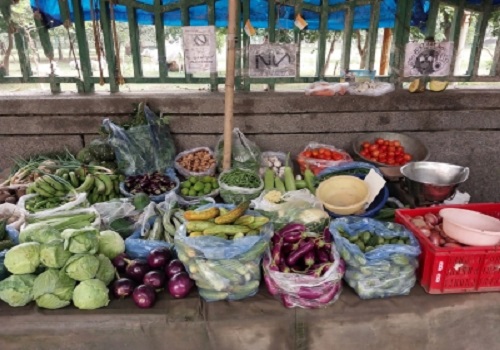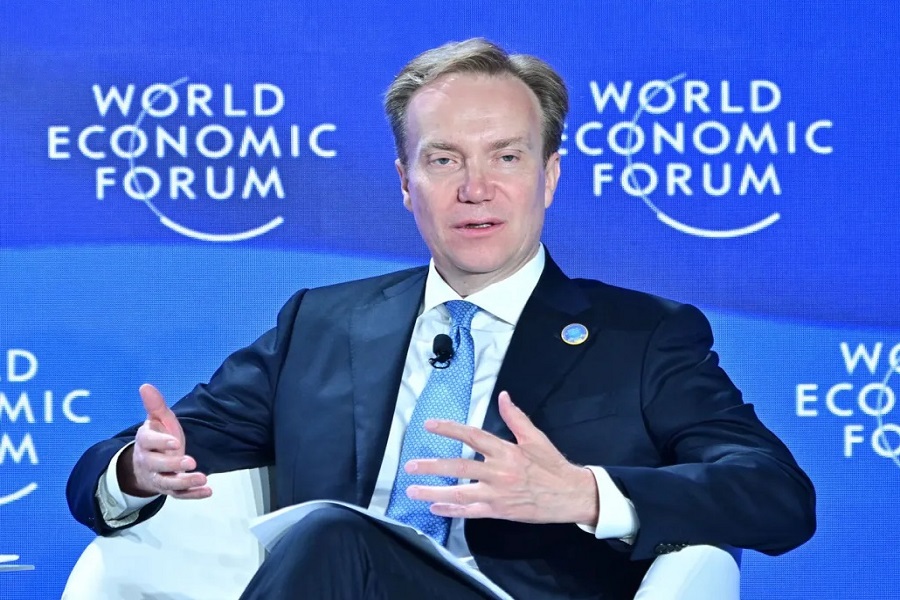High prices impinging on India`s growth, central bank minutes show

High prices are the cause for demand slowdown in India, and aligning inflation to the central bank's 4% target is key to ensuring sustained economic growth, members of the rate-setting panel said in the minutes of the December meeting.
"The policy priority at this critical juncture has to be on restoring the inflation growth balance," Reserve Bank of India Governor Shaktikanta Das said in the minutes of his last monetary policy committee (MPC) meeting released on Friday.
Lower inflation will enhance households' disposable income and increase their purchasing power, and this approach would support consumption and investment demand, Das said.
The RBI kept its key interest rate unchanged earlier in the month, but cut banks' cash reserve ratio for the first time in over four years, effectively easing monetary conditions as economic growth slowed.
India's GDP growth rate fell unexpectedly to 5.4% in the July-September quarter, its slowest pace in seven quarters, while inflation remains well over 4%.
"The monetary policy stance is open to support growth, but it must await the ebbing of inflation on a durable basis or else the uneven progress made so far in disinflation will get dissipated," deputy governor Michael Patra wrote.
External member Saugata Bhattacharya said both growth and inflation have worsened, and the risk of making a "policy error" was higher now compared to the October policy.
Four of the six MPC members voted to keep the repo rate on hold but two external members - Nagesh Kumar and Ram Singh - had voted for a 25 basis points reduction.
"I believe that a rate cut would help in reviving economic growth without worsening the inflationary situation, which may soften with seasonal correction in prices," said Kumar, who voted for a rate cut at a second straight meeting.
Both Kumar and Singh highlighted the limited impact monetary policy has on food inflation alongside the sharp slowdown in growth as reasons to shift policy gears.
They also support a rate cut to avoid the risk of sharp currency appreciation if India does not normalise interest rates when most other global central banks have already embarked on an easing cycle.
"When the correlation between food prices and core inflation is weak at best and the share of items contributing to inflation has come down, keeping interest rates elevated to keep overall inflation closer to the target imposes growth costs that are disproportionate to the gains on the prices front," Singh said.

